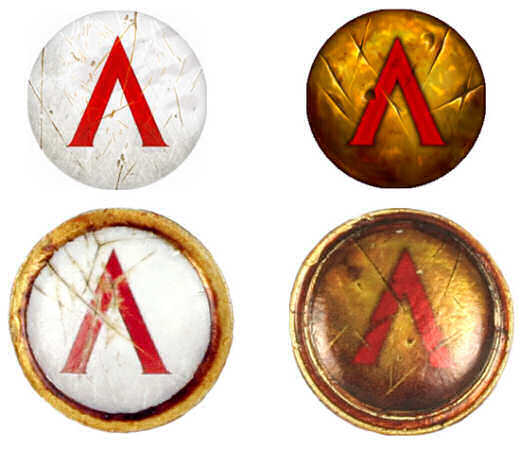To celebrate the 2497th anniversary of the Greek victory at Salamis in 480 BC. Draw the lambda blazon.
The lambda blazon was the lambda painted on greek shields like so:
Puzzle: Given a positive odd integer n, produce an ascii art image of the above shield.
Specifications:
n=1:
( /\ )
n=3:
( /\ )
| / \ |
( / \ )
n=5
( /\ )
| / \ |
| / \ |
| / \ |
( / \ )
Graph: n=3
2| ( /\ )
y-axis 1| | / \ |
0| ( / \ )
___________
0123456789
x-axis
Description:
There should be exactly n \ characters and n / characters. The /s and \s should not touch the edge of the shield. The bottom and top corners of the shield will be denoted with a ( or ) unless n=1 where there will be one ) and one (. There will always be one space between the bottom corners and the lambda, increasing by 1 with the y axis until y + 1 == n. Non corners of the shield side will be denoted with |. There is no shield top.

